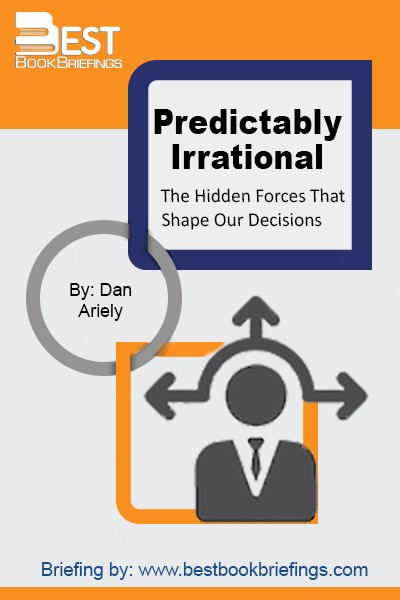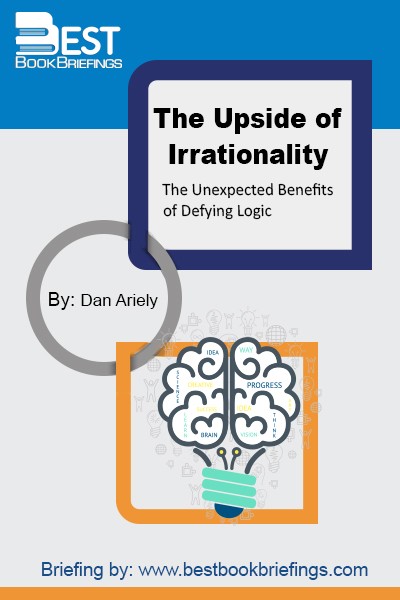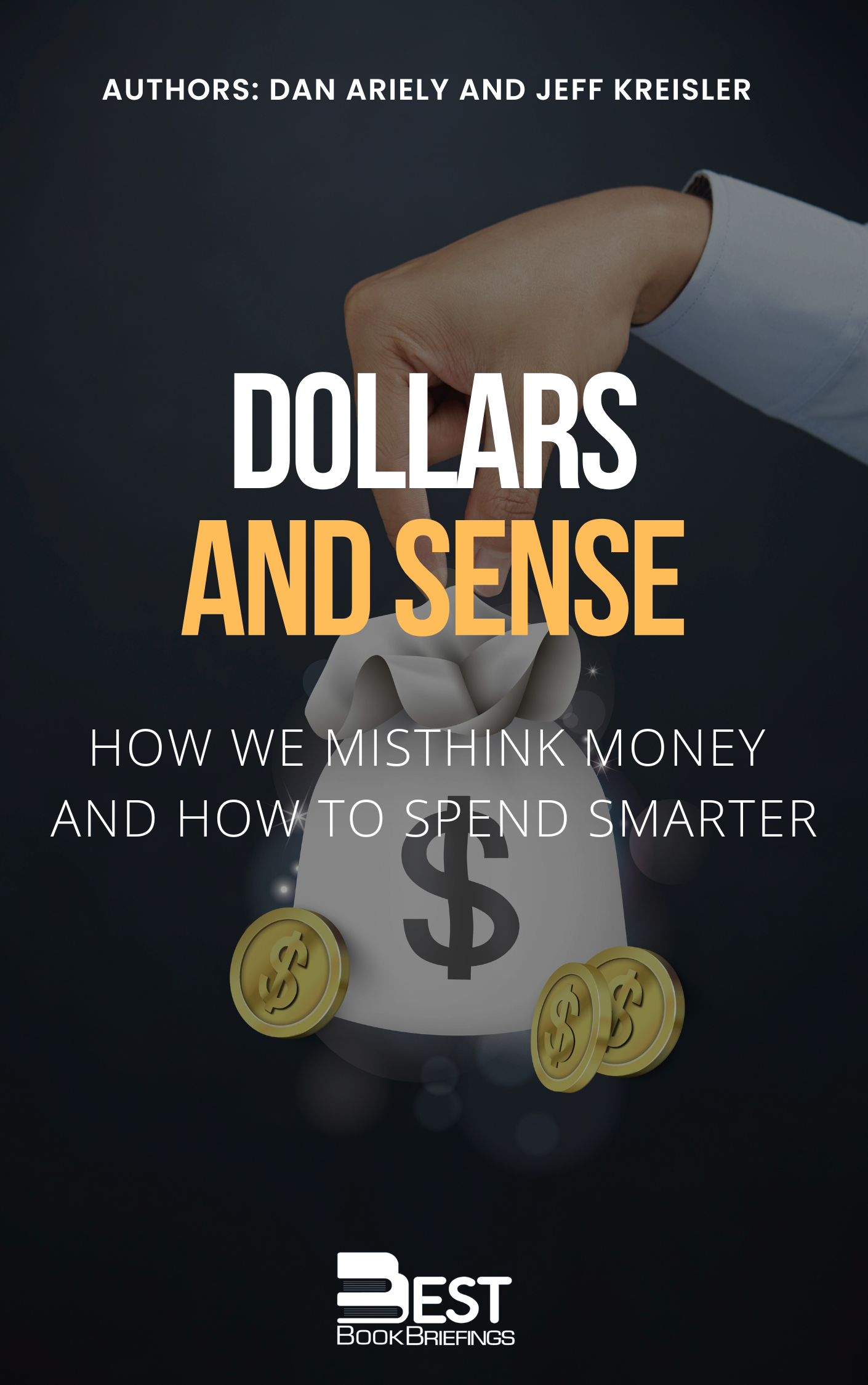Predictably Irrational
The Hidden Forces That Shape Our Decisions
Number of pages: 280
Publisher: HarperCollins
BBB Library: Psychology and Strengths
ISBN: 9780061353239
Editorial Review
Let us talk about human “irrationality”, about our distance from perfection. I believe that recognizing where we depart from the ideal is an important part of the quest to truly understanding ourselves, and one that promises many practical benefits. Understanding irrationality is important for our everyday actions and decisions and for understanding how we design our environment and the choices it presents to us.
Book Reviews
Books on Related Topics

If you had the opportunity to probe the future, make strategic choices, and view their consequences before making expensive and irretrievable decisions, wouldn't you take advantage of it? Of course you would. And in a world of asymmetrical conflict, security threats, intense global competition, and economic uncertainty, there is an even

Whenever someone makes a decision and tries to be reasonable and restrained, the brain is awash in feelings, driven by its inexplicable passions. These emotions secretly influence our judgment. Naturally, these feelings sometimes can lead us astray and cause us to make all sorts of predictable mistakes. To make good decisions, God

Simply put, 10 – 10 – 10 is a new approach to making choices that will allow you to create a life of your own making. It’s about a steady discipline that can help us replace chaos with consistency, confusion with clarity, and perhaps best of all, guilt with no-guilt. More





